My Ranking of 2D Castlevanias
This list is exactly as it sounds: my personal ranking of the 2D games in the Castlevania franchise. It's one of the few long-running franchises where I've played basically every game, and thus feel qualified to rank. Note that I’m only including what I consider to be the “core” 2D Castlevania games here, which to me are the console games through Symphony of the Night, and the handheld ones after that. So no Game Boy games, multiplayer spinoffs, 3D games, etc. This ranking is based on my personal, subjective preferences alone, and I will amend it over time as new 2D Castlevania games come out (so probably never). Hope you enjoy, and thanks for reading!
I want to make another note here. Unlike the other series I’ve ranked, I came to most Castlevania games very late. When and where I played them certainly colors this list, and if I had played them all as they came out I would likely see them differently. But it is what it is, and just something to keep in mind!
Last updated on May 16, 2019 (original list creation)
See my other rankings of: Metroids | Marios | Zeldas | Final Fantasies | 2D Castlevanias | Fire Emblems | Gaming Years | Consoles and Handhelds | From Software Games | Nintendo Franchises

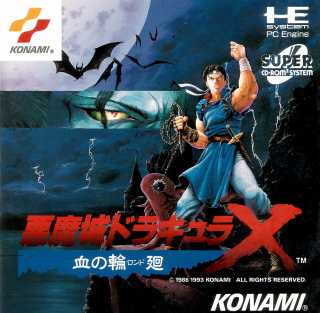

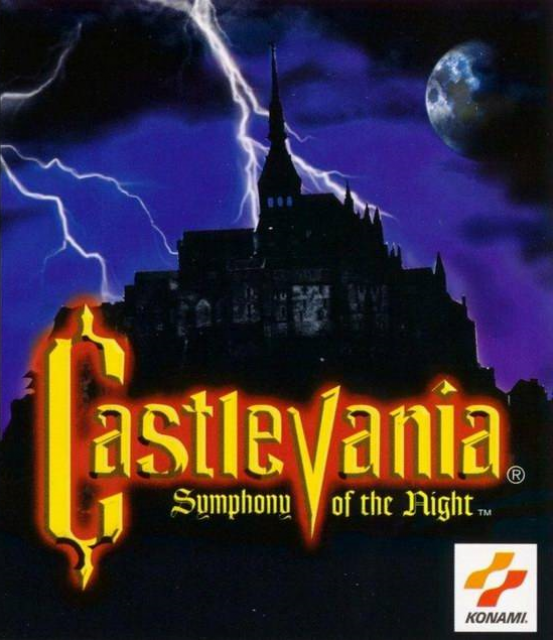
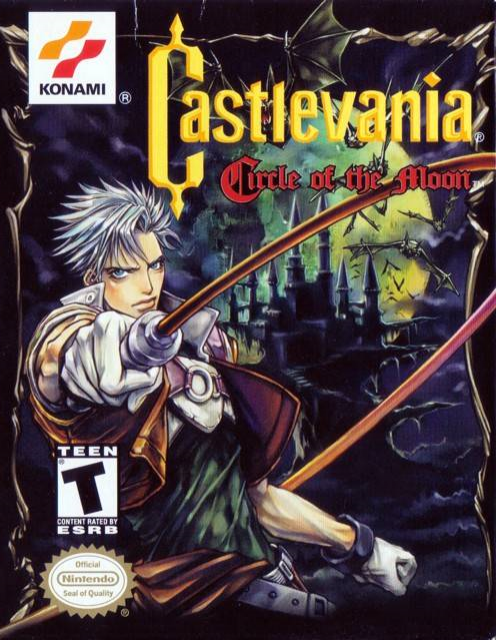
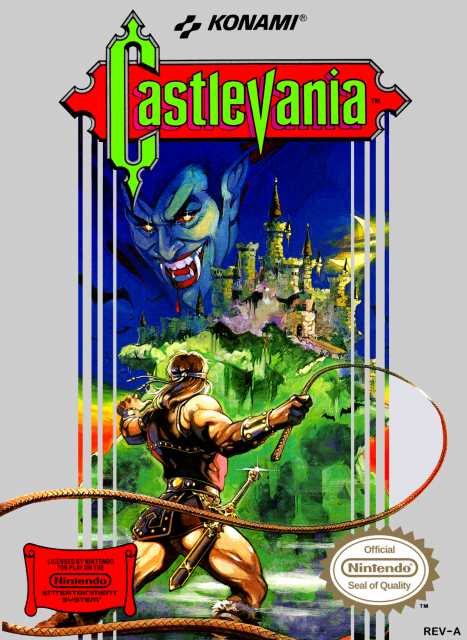
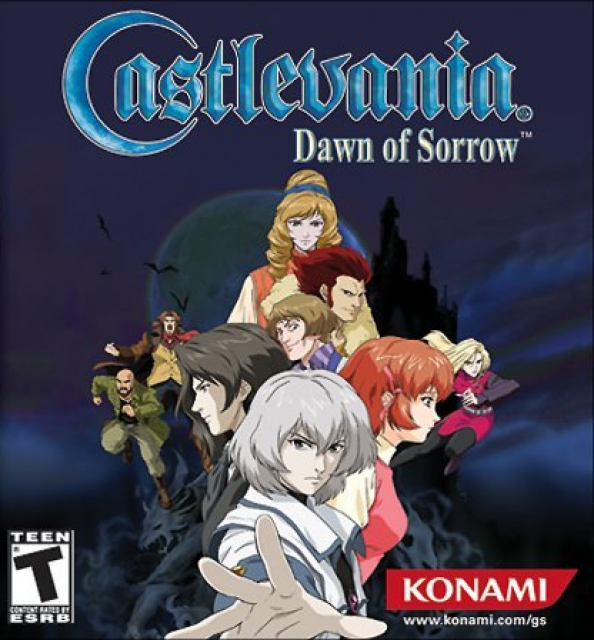
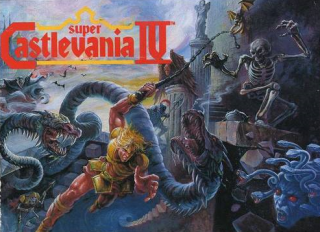
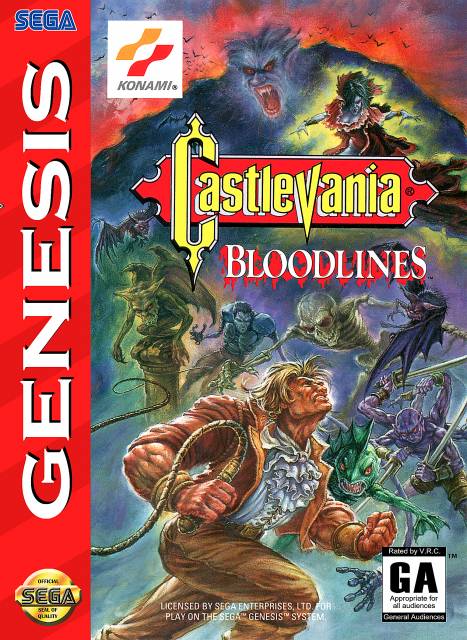
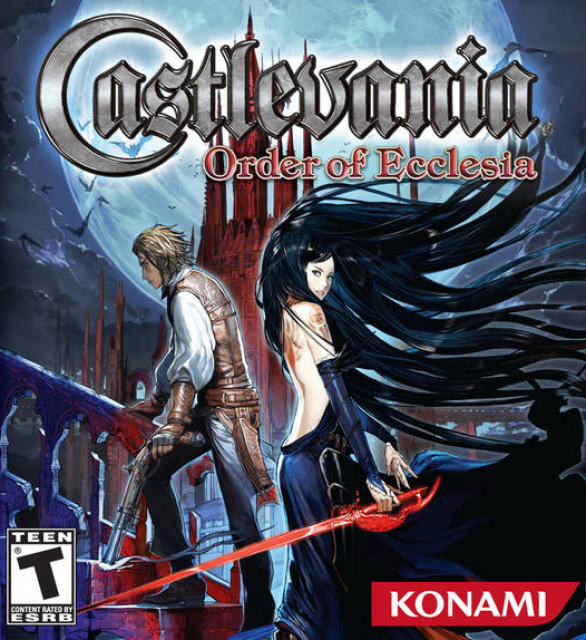
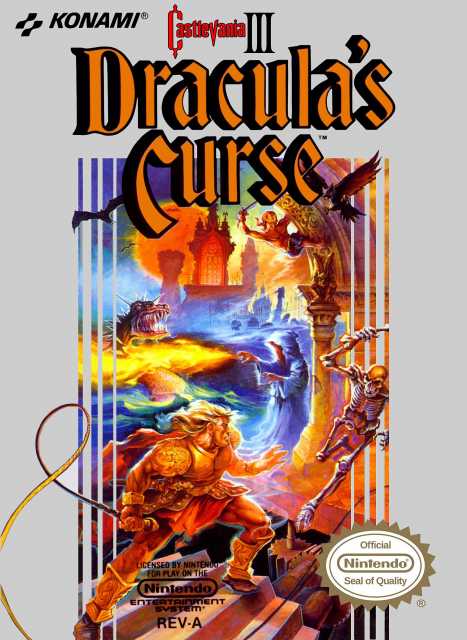
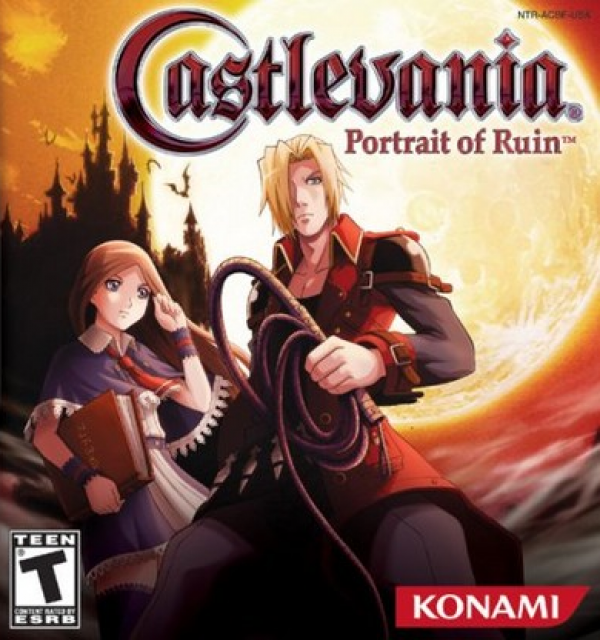
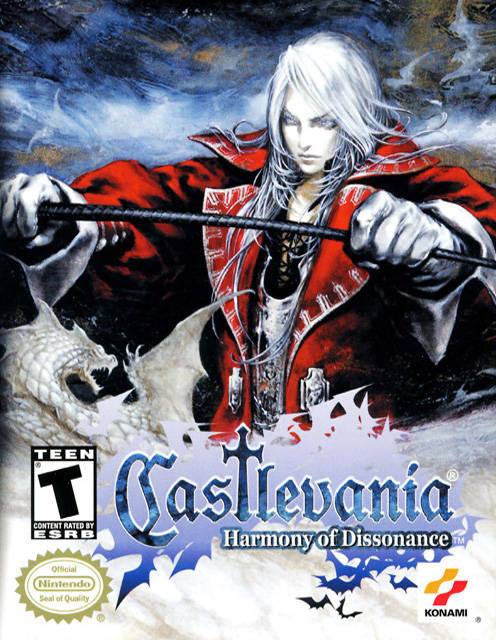
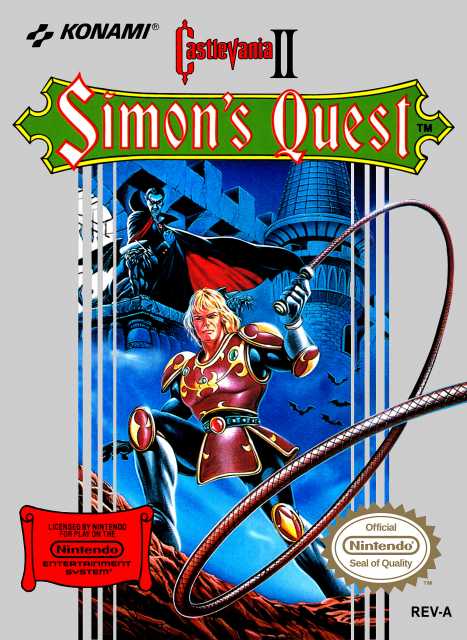
4 Comments